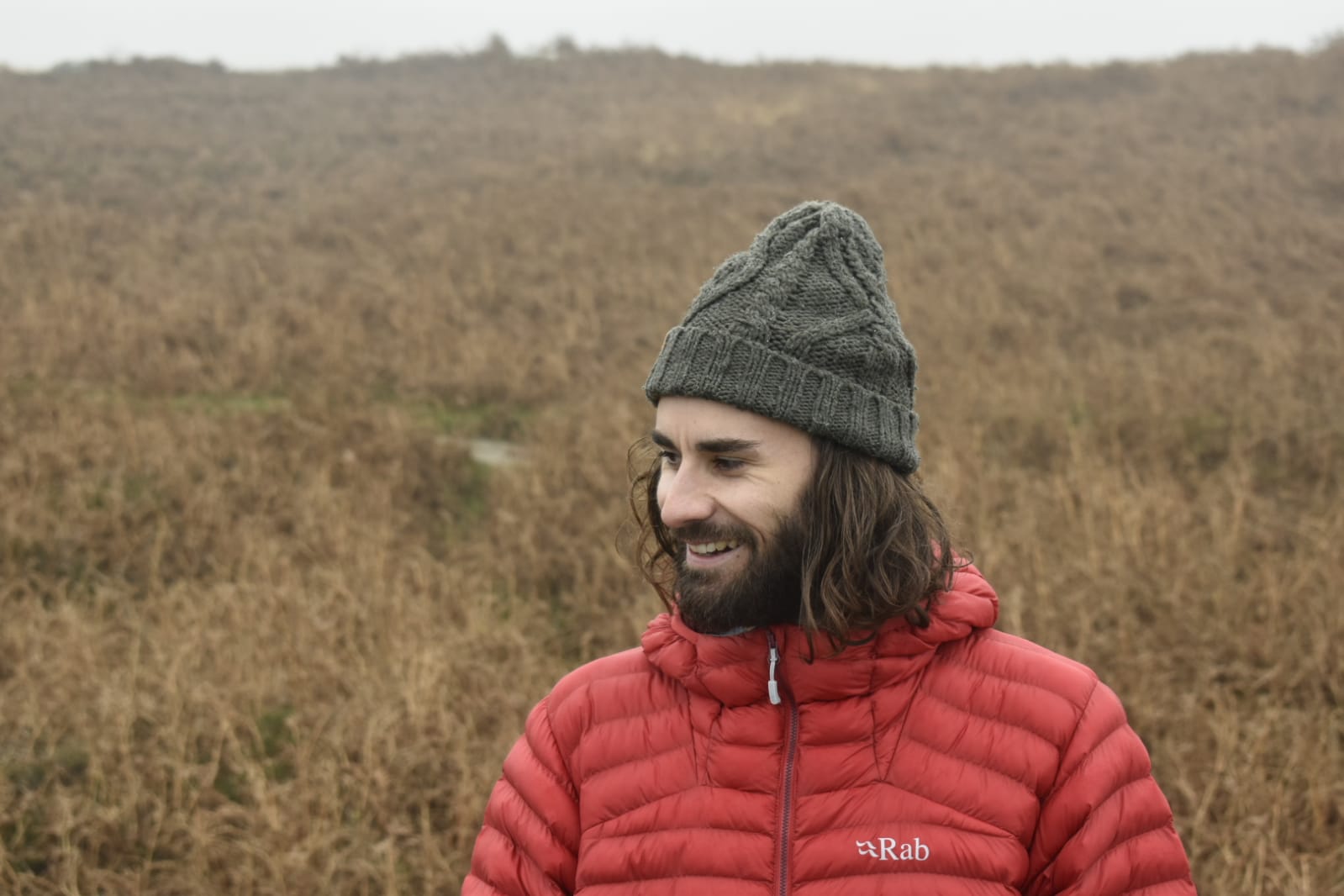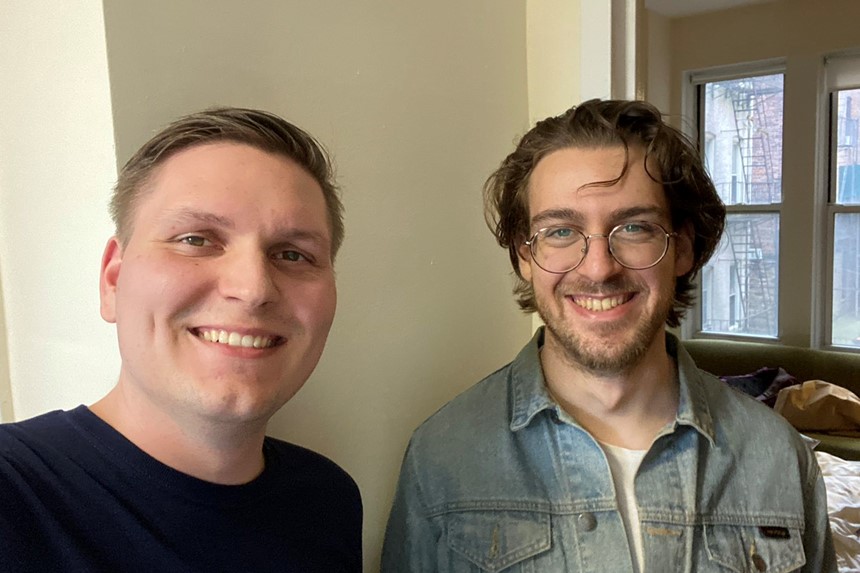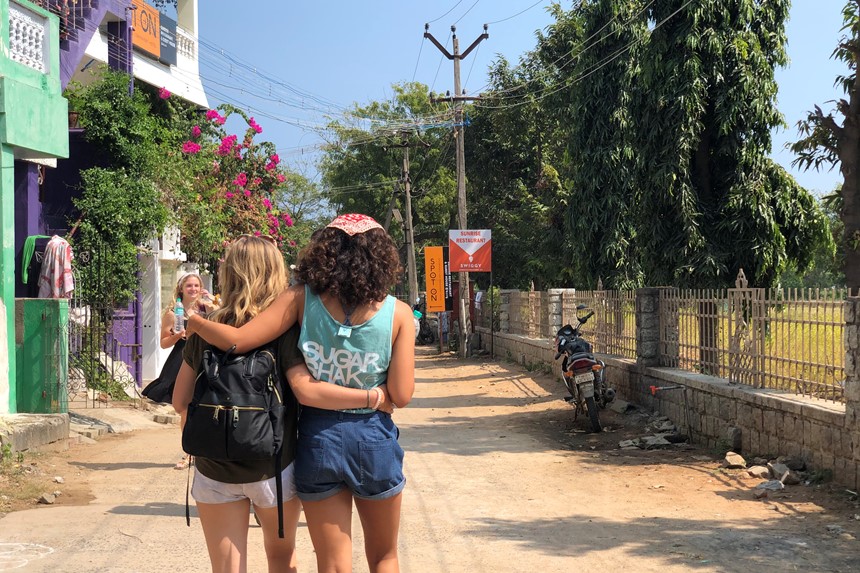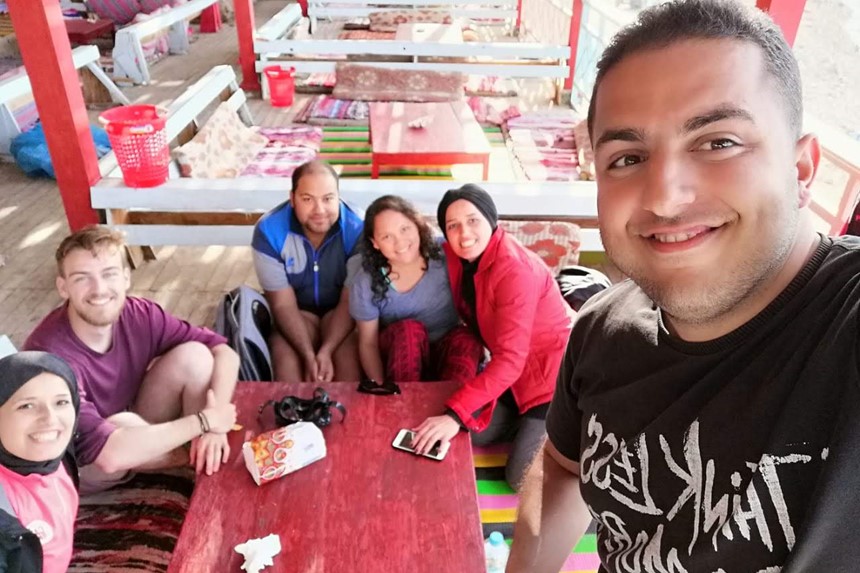What does couchsurfing’s next chapter look like?
The threats to Couchsurfing shouldn’t be overstated. At least over the medium term it will certainly remain the dominant platform. Indeed, its paywall calculation explicitly assumed a drop off in membership. As it stands, BeWelcome, founded in 2007, claims to have 210,000 members and Trust Roots, founded in 2015, says it has 80,000.
Couchers has just 18,000 members, and is growing at a slower rate than either BeWelcome or Trust Roots did initially. On the face of it the numbers don’t look promising. But unlike BeWelcome or Trust Roots, Couchers is set up to become a dominant couchsurfing platform. It has a more formalised structure and more active and professional volunteer base. It’s also very early days.
These numbers reflect the fact that critiques of Couchsurfing are front of mind for only a specific subset of couchsurfers. But that subset is important. If the most active, influential couchsurfers begin migrating, and if Couchers successfully markets itself as a seamless, community-led couchsurfing experience, then reaching critical mass, or at least growing markedly, seems plausible.
The most likely scenario is a more pluralistic couchsurfing movement: the fiercely anti-profit options of BeWelcome and Trust Roots at one end, the for-profit giant that is Couchsurfing on the other and Couchers somewhere in the middle, no doubt with plenty of overlap. And in some ways Weinstock is keen to play down the differences. “We've had hundreds if not thousands of conversations with all kinds of people,” he says. “Everyone is 95% on the same page about what's needed. We want all the best features of Couchsurfing in a nonprofit model: making sure things are free, improving some safety aspects and giving power to local community leaders. These are really uncontroversial things, and we're very lucky to be working on a project that is so uncontroversial.”
But the financial model is important. While Couchers has many questions to answer and challenges to overcome, and while it may yet fail, a vision of community-led, non-profit organisations and movements is worth championing. The tendrils of capitalism have infiltrated most corners of the (adventure) world. To resist the profit motive by creating spaces unequivocally beyond its reach is to preserve something essential to the spirit of adventure.















